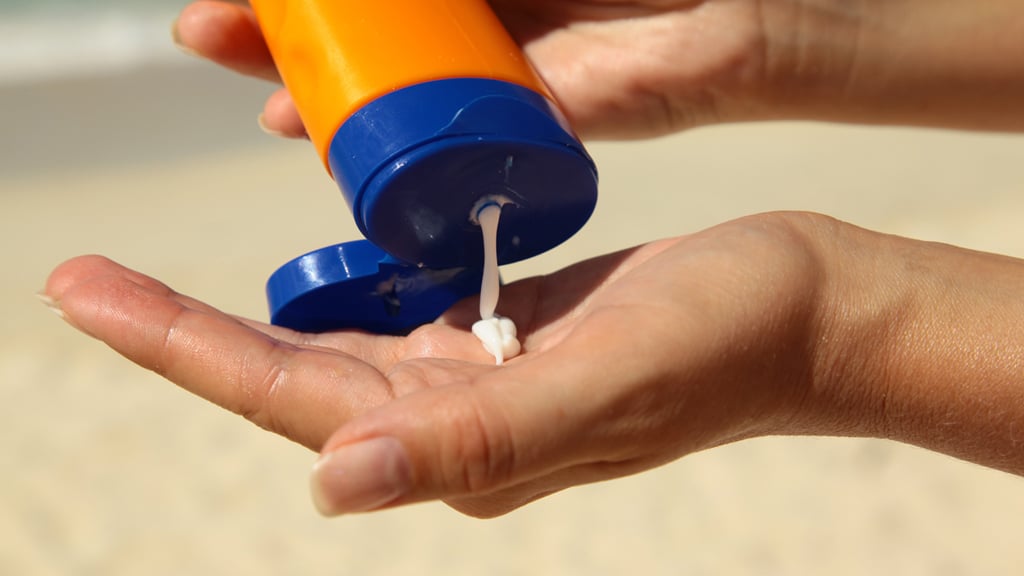When it comes to summertime fun in the sun, I hope by now we’re all agreed on one thing: wearing sunscreen is a must-do. But if weekends at the beach are a rarity for you, you might be tempted to pull some less-than-fresh bottles of sunscreen out of your cabinet before your next outing. But should you use it?
Sunscreens regulated and tested to ensure the ingredients are safe and effective up to the labeled expiration date. These labels are important: Sunscreens contain ingredients that can start to change and breakdown chemically over time to become inactive and ineffective. An ineffective sunscreen can leave you at risk for a nasty sunburn—so I recommending discarding any product unused after the expiration date.
However, most sunscreens are designed to maintain original strength and not expire for up to three years—which means leftover sunscreens can be used from one season to the next. If in a pinch, sunscreen within six months of the expiration date is better than nothing, although still not an ideal form of protection.
However, the bigger question to ask, if you find yourself using the same bottle of sunscreen from one season to the next, is: “Am I really using enough sunscreen to optimally protect my skin?” The answer is likely no. Sunscreens are best used generously and liberally—so a container of sunscreen shouldn’t last long. For instance, an ounce of sunscreen may be needed for a single full-body application depending on body size. And since reapplication every two hours is necessary for the best protection, it’s not unrealistic to use a large percentage of the product for a single day at the beach or pool.
Ultimately, to best care for your skin in the sunny weather, don’t rely too heavily on sunscreen. Sunscreen should play a supportive role in a comprehensive sun protection plan. Even the best sunscreen, applied multiple times throughout the day, allows skin damage to occur, which is why people routinely get tan right through sunscreen. Therefore, the best sun protection plan includes a hat, sunglasses, clothing, and sunscreen to protect the skin as much as possible.
Dr. Elizabeth Tanzi is Founder and Director of Capital Laser & Skin Care and Clinical Professor of Dermatology at the George Washington Medical Center.




















